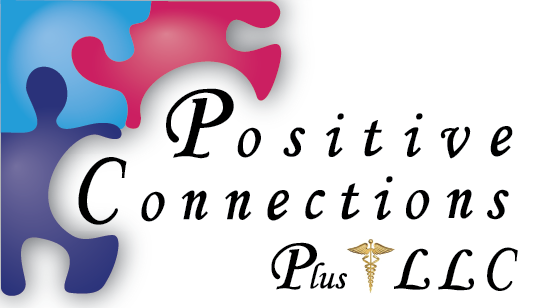Most people have heard the term anxiety and some of you may be wondering, “what exactly is anxiety?” Anxiety is a feeling of nervousness, uneasiness or dread. It can happen when people are worried or afraid. Many situations can cause a person to feel anxious; for example, being around a lot of people, having a test or speaking in front of others; just to name a few. Anxiety is a natural response to a threat to well-being and it is meant to keep us safe. There are times when the mind perceives a situation to be more threatening than what it actually is; for example, some find themselves worrying about the worst-case scenario in a situation. The scenario could potentially happen, but the likelihood of it is low. This creates unneeded anxiety.
State Anxiety vs Trait Anxiety
State anxiety occurs when a person is in a situation that is threatening, stressful or frightening. It is a normal response to certain situations. This anxiety goes away when the threat goes away. Most people with state anxiety do not have an anxiety disorder.
Trait anxiety is considered to be part of the personality and not caused by a specific scenario. Those with trait anxiety may feel more anxious in everyday situations. There are times when the mind perceives a situation to be more threatening than what it actually is, some find themselves worrying about the worst-case scenario in a situation. For example, your husband is a few minutes late coming home from work and you think, “he must have gotten into a car wreck”. Anxiety disorders are trait anxiety.
It is estimated that around 20% of people have anxiety on a daily basis. Many people have been diagnosed with an anxiety disorder. Symptoms often come about in childhood or adolescence. Anxiety disorders can manifest in different ways; however, common symptoms are:
- Worrying about several things
- Having difficulty not worrying
- Feeling nervous, restless or tense
- Having a sense of impending danger, panic or doom
- Having an increased heart rate
- Breathing rapidly (hyperventilation)
- Sweating
- Trembling
- Feeling weak or tired
- Trouble concentrating or thinking about anything other than the present worry
- Having trouble sleeping
- Experiencing gastrointestinal (GI) problems
- Having difficulty controlling worry
- Having the urge to avoid things that trigger anxiety
Some people have more anxiety than others. Anxiety can lead to panic attacks. If left untreated, anxiety can be overwhelming for people and it can lead to a decrease in the quality of life.
What to do about anxiety
Whether you are struggling with trait or state anxiety, therapy is a useful way to learn about anxiety and to learn ways to manage anxiety. No matter what form of anxiety you are dealing with, practicing mindfulness techniques or seeking therapy can help you manage your symptoms.

